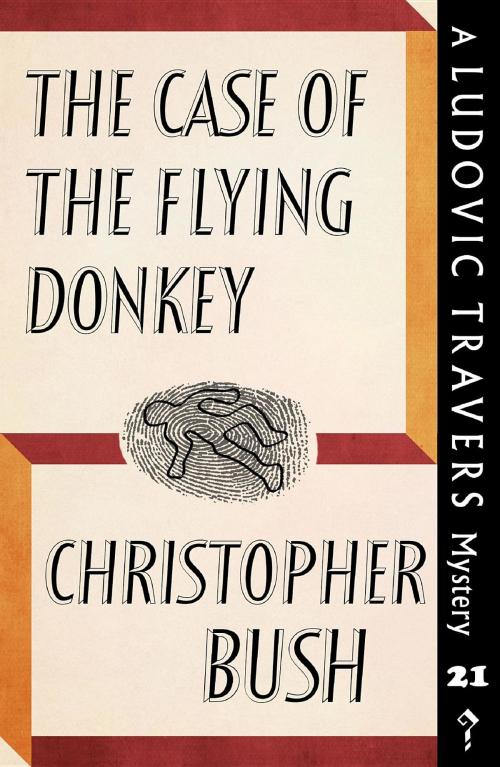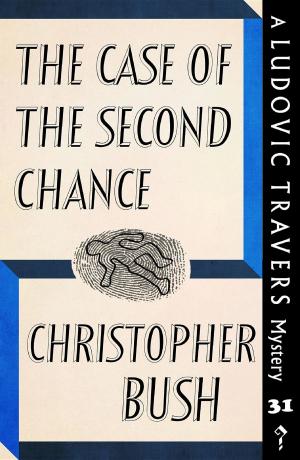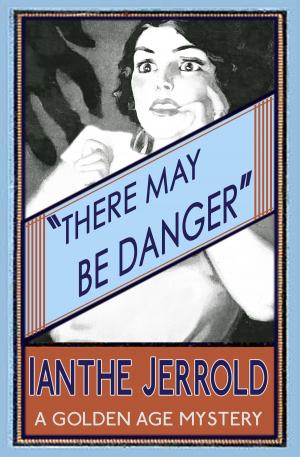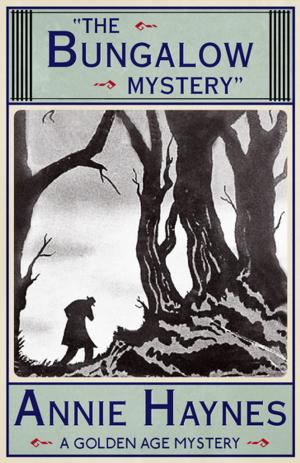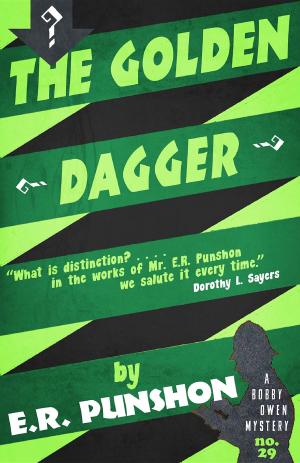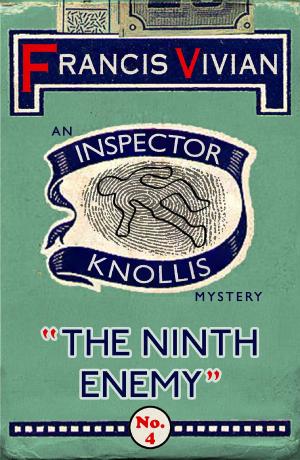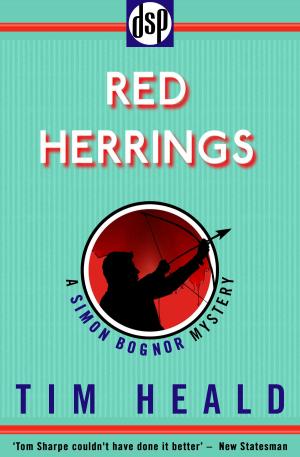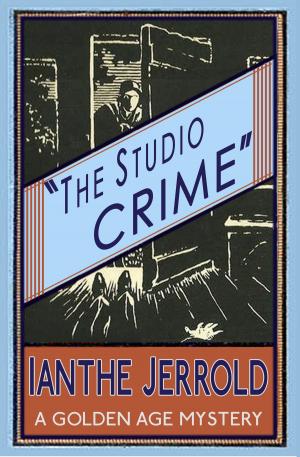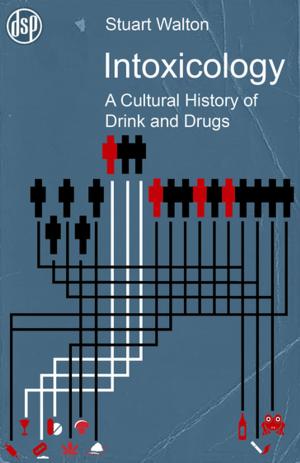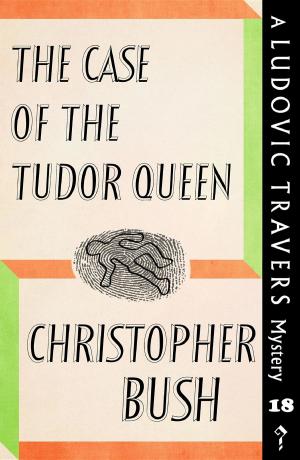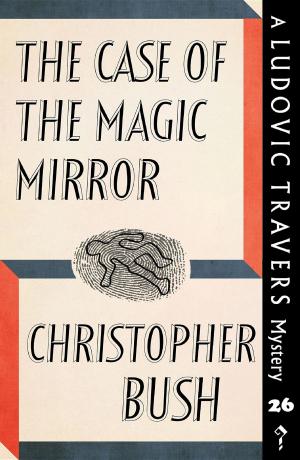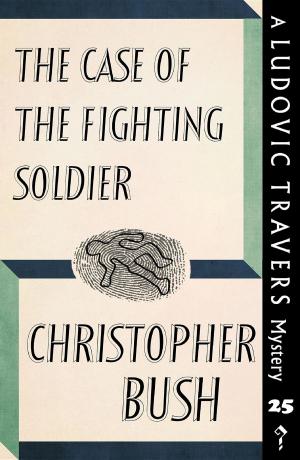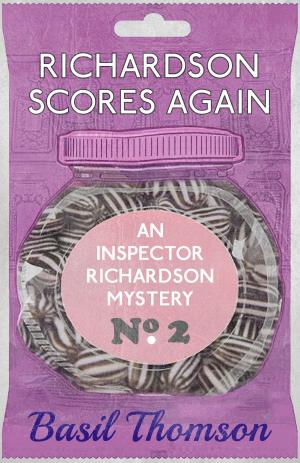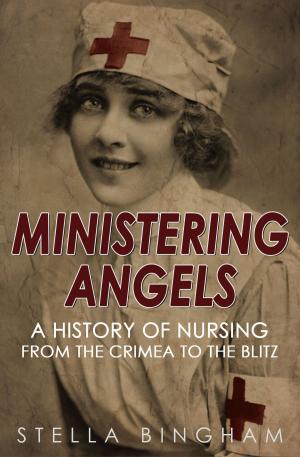| Author: | Christopher Bush | ISBN: | 9781912574087 |
| Publisher: | Dean Street Press | Publication: | July 2, 2018 |
| Imprint: | Dean Street Press | Language: | English |
| Author: | Christopher Bush |
| ISBN: | 9781912574087 |
| Publisher: | Dean Street Press |
| Publication: | July 2, 2018 |
| Imprint: | Dean Street Press |
| Language: | English |
As Travers’s finger touched the dead hand, he felt the warmth, and wondered if the man were still alive. Then he saw the knife that stuck sideways in the ribs.
It was three years after Ludovic Travers had acquired a painting by the famous contemporary French artist, Henri Larne, that a mysterious art dealer named Braque turned up, showed great interest in the picture, and invited Travers to visit him in Paris. But all Travers saw of Braque in Paris was his dead body: a knife–almost warm from the murderer’s hand—was stuck in his ribs.
Travers and his old friend Inspector Gallois soon found some very pertinent questions to answer. What was Braque’s “gold mine”? Why had he been so interested in paintings by Larne? What were his relations with Pierre Larne, and with Elise, the model? But not until Travers suddenly realised the significance of the flying donkey was the murderer’s astonishing identity revealed.
The Case of the Flying Donkey was originally published in 1939. This new edition features an introduction by crime fiction historian Curtis Evans.
As Travers’s finger touched the dead hand, he felt the warmth, and wondered if the man were still alive. Then he saw the knife that stuck sideways in the ribs.
It was three years after Ludovic Travers had acquired a painting by the famous contemporary French artist, Henri Larne, that a mysterious art dealer named Braque turned up, showed great interest in the picture, and invited Travers to visit him in Paris. But all Travers saw of Braque in Paris was his dead body: a knife–almost warm from the murderer’s hand—was stuck in his ribs.
Travers and his old friend Inspector Gallois soon found some very pertinent questions to answer. What was Braque’s “gold mine”? Why had he been so interested in paintings by Larne? What were his relations with Pierre Larne, and with Elise, the model? But not until Travers suddenly realised the significance of the flying donkey was the murderer’s astonishing identity revealed.
The Case of the Flying Donkey was originally published in 1939. This new edition features an introduction by crime fiction historian Curtis Evans.
